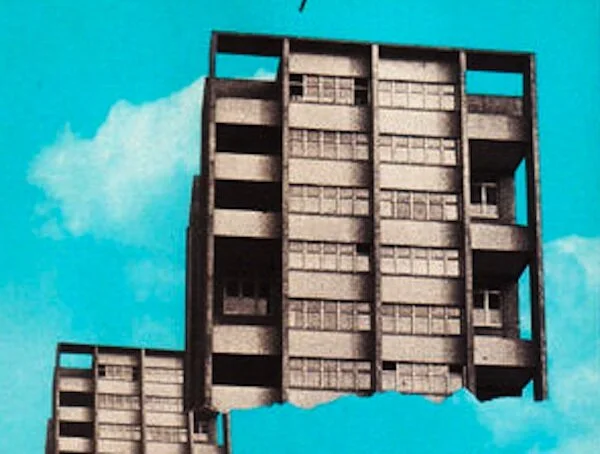I look at the crossed-out entries in my diary and wonder what my week would have been like if we hadn’t gone into lockdown. I had a full schedule – a conference in Oxford on Monday, teaching on Tuesday and Wednesday, Society of Authors’ meetings on Thursday and Saturday, a couple of evening poetry events, a performance of Curlew River at the Barbican, and Sunday lunch with friends in Kent (which would have been happening as I write). All cancelled or postponed, apart from teaching – enabled by online conferencing. I am now familiar with my students’ front rooms and kitchens, their pictures and plants, the places they sit with their coffee and laptops. It’s oddly comforting, like popping over to each other’s homes, especially as that contact is now restricted.
Tomorrow, I was due to catch a train to Saxmundham for the first day of a week-long writing retreat. The concept of a ‘retreat’ now seems quaint, the idea that five of us were gathering to ‘isolate’ ourselves in a house in Thorpness, ostensibly to write and share our work-in-progress. And now that I am ‘isolated’, it’s proving difficult to write. People are posting their COVID poems on Facebook and Twitter, giving virtual readings, sending chain emails inviting poem exchanges. I am cheered by the resilience and creativity of the poetry community, but at the moment, I don’t feel able to participate. It’s always been the case that whatever is happening in my life or in the world, my poetic response arrives sometime after the event. I am still, like many people I expect, in the middle of processing the most unsettling and cataclysmic event to occur in my lifetime.
What emerges at this stage is cliché. I’m reminded of Helen Mort’s thoughts on trying to write in the midst of climbing the Knud Rasmussen glacier in East Greenland, and how her initial ‘scribbling’, as she put it, was just cliché. She goes on to say: ‘I remember thinking that the reason clichés came to mind when I was watching the Northern Lights or the movement of ice in the fjord was because there was a degree of accuracy to how those phrases captured my emotional response.’ Cliché gains accuracy through repetition – it captures not only what one individual might feel, but also what many others have felt, which is how it becomes cliché – through commonality, and therefore, overuse.
The Italian novelist Francesca Melandri, has written a ‘Letter to the UK from Italy’, published in The Guardian on Friday. In just two days her piece has gone viral (if we’re still allowed to say that). People have found it moving and hopeful; the reason is that it relies on cliché (in a good way) as comfort. Her use of the future tense throughout is more than prediction – she is saying we know how you will act, because we have been there already. What people are seeking now is the familiar, and knowing that Italians also planned their days around meals, joined dozens of social networking groups and then didn’t have the strength to participate, started vast dystopian novels then put them aside, makes us feel better because even in isolation, we are all going through the same rituals. Those who continued to gather publicly even after official advice told them to isolate, and were later demonised might be considered foolish and even criminally irresponsible, but perhaps their reaction wasn’t simply rebellion or stupidity, but just human instinct. Not to say they shouldn’t have heeded guidelines that are there to protect us all, but maybe their response stems from disbelief that this could really be happening – and also fear. Perhaps they continued to gather because the alternative – returning to their homes to be completely alone – was too much to contemplate.
detail from the cover of the first edition of High Rise by JG Ballard
Disbelief is why we thought it would be a great idea to reread The Road or Brave New World or anything by JG Ballard, but really, we don’t need to know some author was supernaturally prescient and posited that one day we’d find ourselves in this predicament. If we attempt to put ourselves in the mindset of worst scenarios (which scientists do all the time, and they’re not writing fiction), we might write a dystopian novel that will become true for the next generation. I can’t stop thinking about the incredibly brilliant BBC series Years and Years, set at the time of broadcast in 2019 and concluding in 2034. The future it posed wasn’t that far into the future: everything still looked the same, people dressed the way they do now, the shifts were subtle but tangible. The future became the present before the characters in the series could adjust, because they were simply going about their day to day lives.
As we were, before our lives suddenly changed, and the ‘new normal’ became the desperate search for toilet paper and eggs, understanding the true measurement of two metres. There will be another ‘normal’ to replace this one, but what is frightening is the thought that whatever happens next, we can’t go back to how things were – that ‘normal’ is already in the past.

